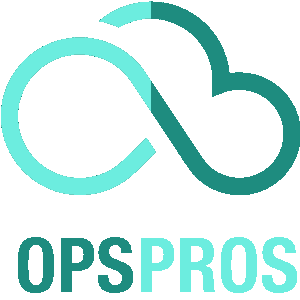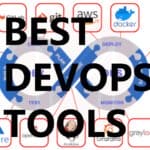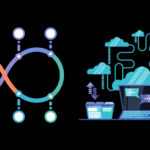As we dive headlong into 2024, the landscape of DevOps continues to evolve at a rapid pace. This year, we’ve seen remarkable advancements and innovations in the tools that enable seamless DevOps practices. At OpsPros, we’ve had the pleasure of exploring a plethora of open-source tools that not only enhance efficiency but also drive innovation in the DevOps space.
DevOps isn’t just a cultural shift – it necessitates robust tools to actualize its potential fully. With the plethora of tools available, investing in expensive SaaS solutions might seem like the go-to option, but open-source tools have proven to be formidable contenders. These tools offer everything from container orchestration and microservices networking to configuration management, CI/CD automation, and full-stack monitoring.
To help you navigate this vibrant ecosystem, we’ve curated a list of our favorite open-source DevOps tools for 2024. These tools not only reduce costs but also offer powerful functionalities that can transform your DevOps processes.
Here is our list featuring tools that are essential for modern DevOps practices:
Best DevOps 14 Opensource Tools
Kubernetes
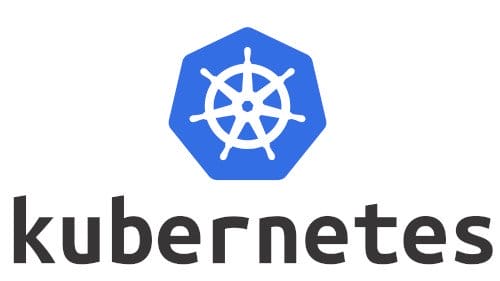
Kubernetes is a leading open-source platform for automating containerized applications’ deployment, scaling, and operations. Hosted by the Cloud-Native Computing Foundation (CNCF), Kubernetes automates the manual processes involved in managing containerized applications.
Docker

Docker is an open-source platform that simplifies the process of building, shipping, and running applications inside containers. Docker ensures a consistent environment across different stages of development and deployment, improving reliability and efficiency.
Istio
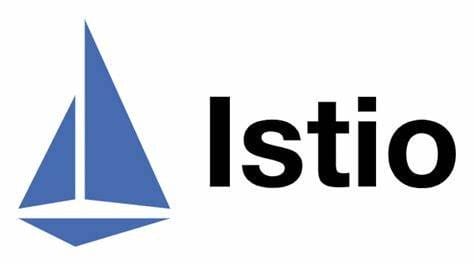
Istio is an open-source service mesh that provides a way to control how microservices share data with one another. Built on Envoy proxy, Istio offers traffic management, security, and observability, making it easier to run microservices.
GitHub Actions
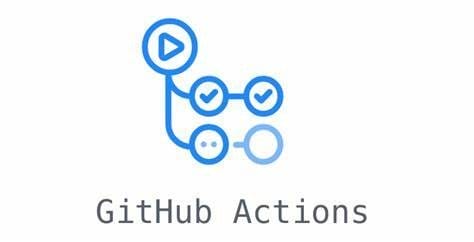
GitHub Actions is a powerful feature of the GitHub platform that allows you to automate workflows directly within your GitHub repositories. It can handle various tasks like CI/CD, code reviews, and branch management using simple YAML configuration files.
Jenkins

Jenkins is an open-source automation server that facilitates continuous integration and continuous delivery (CI/CD). With hundreds of plugins, Jenkins supports building, deploying, and automating virtually any project.
Prometheus
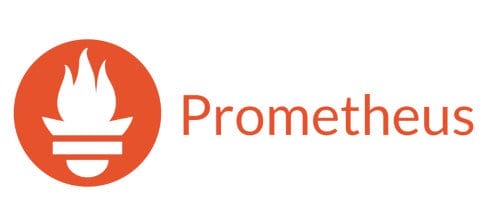
Prometheus is an open-source monitoring and alerting toolkit, ideal for site reliability engineers. It collects and queries time-series data, providing powerful data visualization and alerting to ensure your systems remain optimal.
Ansible
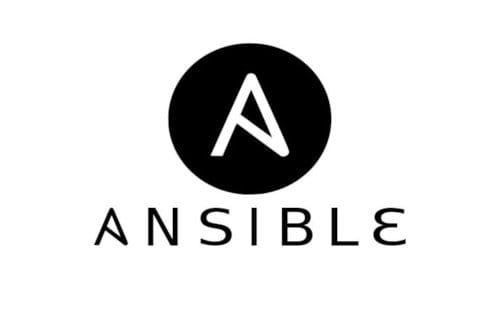
Ansible is an open-source tool sponsored by Red Hat for automating provisioning, configuration management, and deployment. Ansible’s simple, agentless architecture makes it easy to manage and automate infrastructure.
Argo CD

Argo CD is a continuous delivery tool for Kubernetes. It follows the GitOps methodology, using Git repositories as a source of truth for defining the desired application state. Argo CD automates the deployment of applications and manages continuous delivery, providing visual feedback and version control.
Grafana
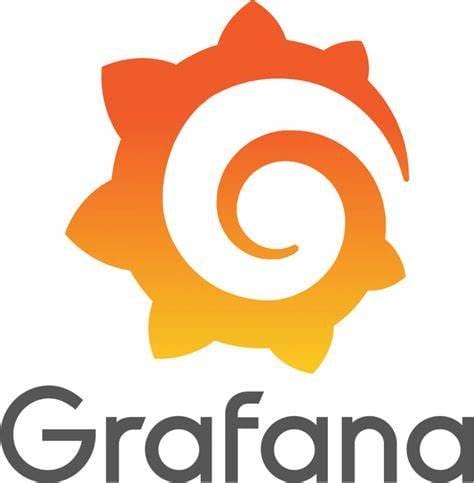
Grafana is an open source platform for monitoring and observability. It provides tools to query, visualize, alert on, and understand your metrics. Grafana is highly extensible, allowing you to create custom dashboards and plugins to suit your monitoring needs. It integrates seamlessly with other DevOps tools like Prometheus.
Tekton
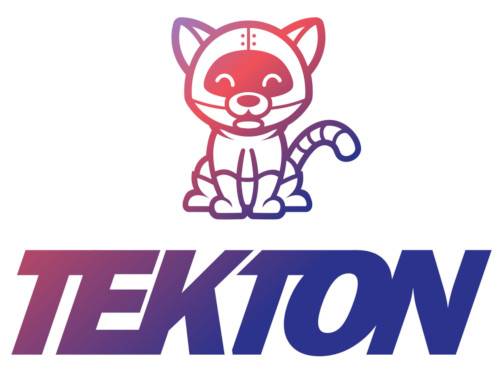
Tekton is a powerful and flexible open source framework for creating CI/CD systems, allowing developers to build, test, and deploy across cloud providers and on-premise systems. Tekton provides reusable building blocks for creating pipelines and managing the delivery process.
Spinnaker
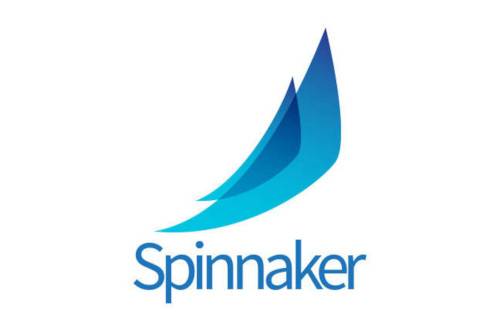
Spinnaker is a continuous delivery platform that supports multi-cloud deployments. It automates the entire build, release, and deployment process, enabling quicker and more reliable releases. Its powerful integrations and extensive pipeline capabilities make it a key tool in the DevOps toolkit.
Consul
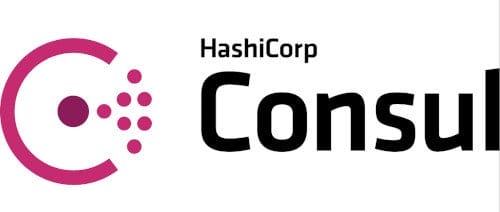
Consul by HashiCorp is an open source service networking solution to connect, secure, and configure services across any runtime platform and public or private cloud. It provides capabilities such as service discovery, configuration management, and service segmentation.
Loki

Loki is an open source log aggregation tool that is designed to be cost-effective and easy to operate. It stores logs and queries them in conjunction with Grafana dashboards. Loki is optimized for Kubernetes and integrates well with Prometheus for a complete logging and monitoring solution.
Flux
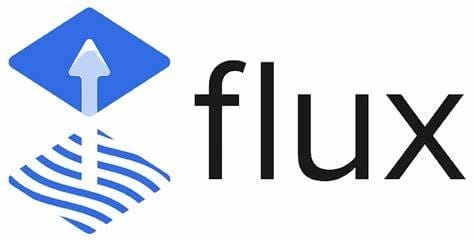
Flux is a GitOps tool for Kubernetes that synchronizes state from Git repositories onto your Kubernetes clusters. Flux continuously monitors your configuration in Git and ensures that the cluster matches the desired state. This helps in managing deployments, monitoring changes, and maintaining consistency across environments.
Insights from this list of Devops Tools
As we conclude our exploration of the top open source DevOps tools of 2024, it’s clear that these tools have become immensely popular within the tech community. Kubernetes and Docker, for example, have redefined how applications are developed, deployed, and managed. Their adoption rates have soared, with Kubernetes seeing a 48% increase in usage in 2023. This surge is indicative of the broader trend towards containerization and microservices, which has revolutionized software development by enhancing scalability and efficiency. Tools like GitHub Actions and Jenkins have also carved out significant roles by streamlining CI/CD processes, showcasing the industry’s shift towards automation and continuous improvement.
Over the past few years, the progress in DevOps tools has been remarkable. We’ve watched as these tools have evolved from niche solutions to essential components of modern software development. The maturation of container orchestration systems like Kubernetes, the introduction of service meshes such as Istio, and the proliferation of infrastructure-as-code tools like Terraform and Ansible highlight a concerted effort to enhance reliability, scalability, and repeatability in software deployments. Additionally, the growing emphasis on low-code and no-code platforms is democratizing DevOps capabilities, enabling broader participation beyond traditional coding experts and fostering a more inclusive tech environment.
Looking ahead, the future of DevOps is incredibly promising. As organizations continue to embrace digital transformation, the demand for robust, agile, and efficient DevOps practices will only increase. We can expect further advancements in AI-driven automation, more seamless integration between development and operations, and heightened emphasis on security within the DevOps pipeline (DevSecOps). Emerging technologies like serverless computing and edge computing will also shape the landscape, requiring new tools and strategies. Ultimately, the continuous innovation in DevOps tools and practices will drive the next wave of digital growth, empowering teams to deliver faster, more reliable software solutions.
James is an esteemed technical author specializing in Operations, DevOps, and computer security. With a master’s degree in Computer Science from CalTech, he possesses a solid educational foundation that fuels his extensive knowledge and expertise. Residing in Austin, Texas, James thrives in the vibrant tech community, utilizing his cozy home office to craft informative and insightful content. His passion for travel takes him to Mexico, a favorite destination where he finds inspiration amidst captivating beauty and rich culture. Accompanying James on his adventures is his faithful companion, Guber, who brings joy and a welcome break from the writing process on long walks.
With a keen eye for detail and a commitment to staying at the forefront of industry trends, James continually expands his knowledge in Operations, DevOps, and security. Through his comprehensive technical publications, he empowers professionals with practical guidance and strategies, equipping them to navigate the complex world of software development and security. James’s academic background, passion for travel, and loyal companionship make him a trusted authority, inspiring confidence in the ever-evolving realm of technology.
